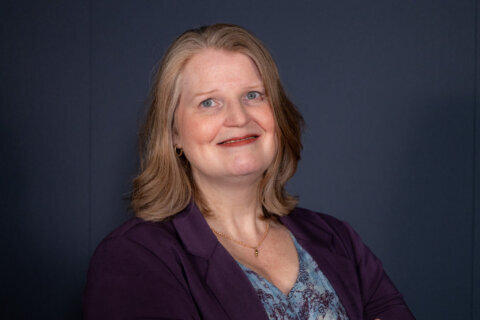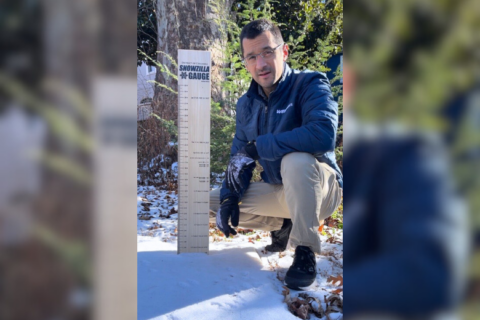Whew. (Insert sigh of relief)
This week, I had my first CT scan since I was diagnosed with stage 4 EGFR-mutated lung cancer at the end of November and started my treatment — and the results look pretty darned good.
My non-small cell lung cancer lesions are shrinking, and cancer hasn’t spread to other parts of my body.
With stage 4, which means my adenocarcinoma is in both lungs, surgery isn’t considered an option. My treatment is called targeted therapy, which consists of me taking one pill a day.
While chemotherapy, radiation and immunotherapy are far improved over where they were just a few years ago, targeted therapy is a new frontier.
Here’s how that works: After a biopsy showed I had lung cancer, it went through what’s called biomarker testing to help zoom in on my DNA and the changes that led to uncontrolled cell growth, which is what cancer is.
The biomarker testing showed I have EGFR exon 19 deletion. I’ll admit that three months into treatment, I still don’t really understand exactly what that means either. What I do know is there’s a drug called osimertinib, with a brand name of Tagrisso, which “turns off” the signals that tell my cancer cells to grow and divide.
And the side effects are few, predictable, and manageable.
For newly-diagnosed stage 4 lung cancer patients, the once-every-three-month CT scan is how my treatment team monitors what’s going on in my body. The scan uses a low dose of radiation to make detailed images of my chest, abdomen and pelvis.
I choose to have my test results sent directly to my phone rather than have my doctor call to relay the findings. I’ll admit, it was nerve-wracking to click on the results, knowing this was the first real test to show whether my treatment is “working.”
And, of course, I was relieved to read that the findings were the biggest mass in the upper lobe of my left lung as well as the lymph node in the center of my chest has “decreased in size from prior exam,” and that there’s “no new metastatic disease in abdomen or pelvis.”
I wasn’t particularly surprised to learn the results are encouraging, since my persistent cough — the only symptom that led me to get screened for lung cancer in November — was gone a month after I started my targeted therapy. But not knowing for sure is the most anxiety-provoking part of the experience. I’ve learned fellow lung cancer survivors call that feeling “scanxiety.”
Bottom line: One scan down, next in three months, feeling terrific, and warmed by the love and care.







